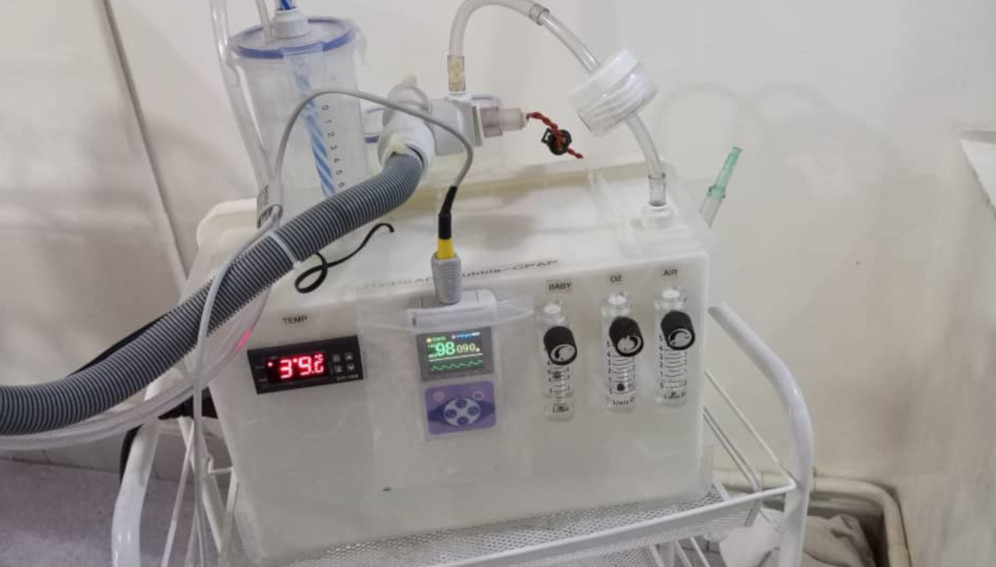Send to a friend
The details you provide on this page will not be used to send unsolicited email, and will not be sold to a 3rd party. See privacy policy.
Listen on Apple PodcastsListen on SpotifyListen on Google PodcastsListen on StitcherListen on OvercastListen on Amazon MusicListen on CastboxListen on Podcast AddictListen on Pocket CastsListen on iHeartRadioListen on PandoraRSS Feed
Season 4, Episode 35
Nigeria has a newborn mortality crisis, with 262,000 infant deaths each year.
In this episode of Africa Science Focus, our correspondent, Royal Uche, highlights an innovation developed to curb the deaths of preterm babies in Africa’s most populous nation.
We hear from Jimoh Abdulrasheed, consultant paediatrician at the Calabar Women and Children’s Hospital, who tells us about the life-saving impact the solar-powered respiratory technology has had at this hospital in the south of the country.
Hippolite Amadi, a professor of medical engineering and technology, Imperial College, London, who developed the product, reveals the challenges he faced in scaling it, including dealing with corrupt high-ranking health officials.
Mary Edet shares her baby’s survival story. And Olukemi Tongo, consultant neonatologist at the University College Hospital, Ibadan, in Nigeria’s Oyo state, says the government should invest in the innovation to reduce new-born deaths.
————————————————————————————————————
This project was funded by the European Journalism Centre, through the Solutions Journalism Accelerator. The fund is supported by the Bill and Melinda Gates Foundation.
Do you have any comments, questions or feedback about our podcast episodes? Let us know at [email protected]
This piece was produced by SciDev.Net’s Sub-Saharan Africa English desk.


